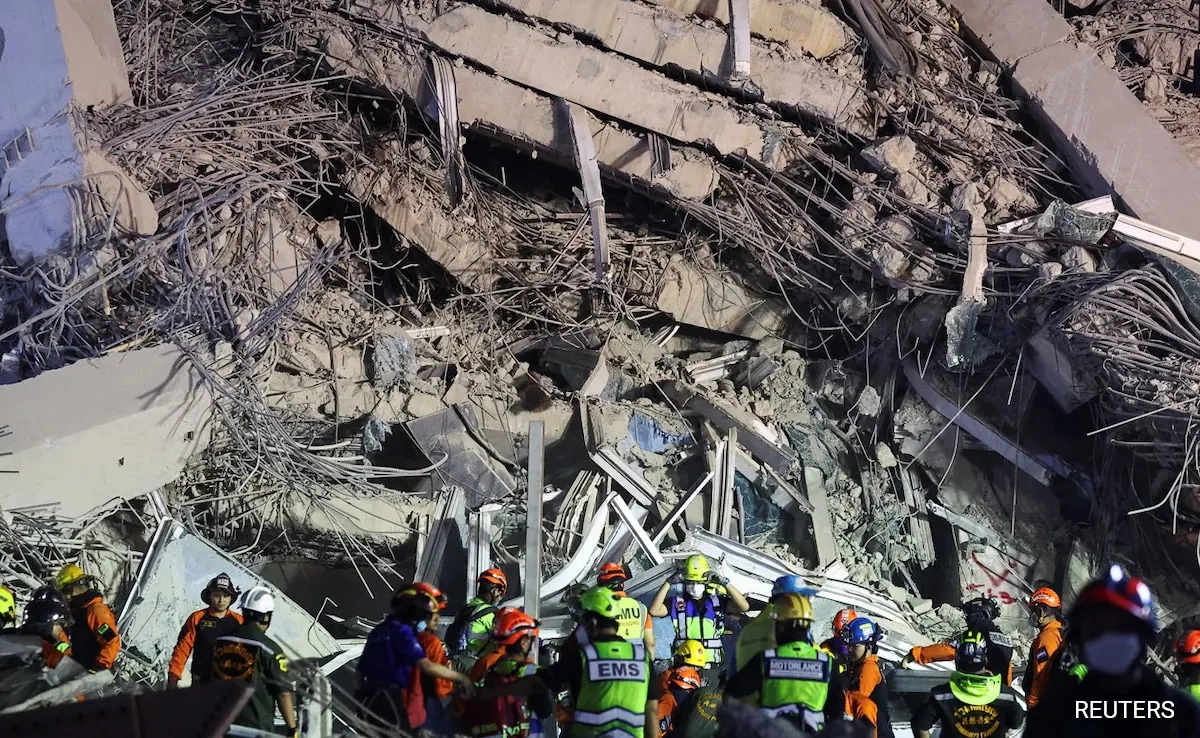A recent earthquake in Bangkok led to the dramatic collapse of a skyscraper, drawing significant attention to the potential involvement of Chinese companies in its construction and design. The incident has raised questions about the safety standards and regulatory practices surrounding high-rise buildings in Thailand, especially as the nation continues to experience rapid urban development. Eyewitnesses described the scene as chaotic, with debris raining down and emergency services rushing to the site to rescue those trapped in the wreckage.
Investigations into the collapse have revealed that the skyscraper was part of a larger development project backed by Chinese investors. This connection has sparked a debate about the implications of foreign investment in critical infrastructure and the responsibilities of foreign firms in ensuring the safety and integrity of their projects. As China’s influence expands across Southeast Asia, concerns about the quality and durability of buildings constructed by Chinese companies have come to the forefront. Critics argue that inadequate oversight and pressure to meet tight deadlines can compromise construction practices, leading to tragic outcomes such as this.
In response to the incident, Thai authorities have pledged to conduct a thorough investigation into the circumstances leading up to the collapse. They aim to determine whether the structural failures were due to design flaws, substandard materials, or insufficient regulatory oversight. The results of this inquiry could have far-reaching implications for future construction projects, particularly those involving foreign investment. Moreover, it could prompt a reevaluation of existing safety protocols and building codes in the country.
As the investigation unfolds, the incident serves as a stark reminder of the potential risks associated with rapid urbanization and the complexities of international collaboration in construction projects. The Thai government faces the challenge of balancing economic growth with the need for stringent safety measures. The outcome could influence not only public perception of foreign investment in Thailand but also the future of international construction partnerships across the region, as stakeholders seek to ensure that safety and quality remain paramount in the face of ambitious development goals.




